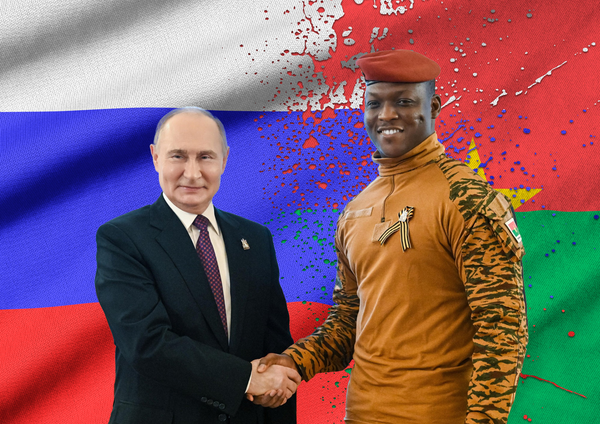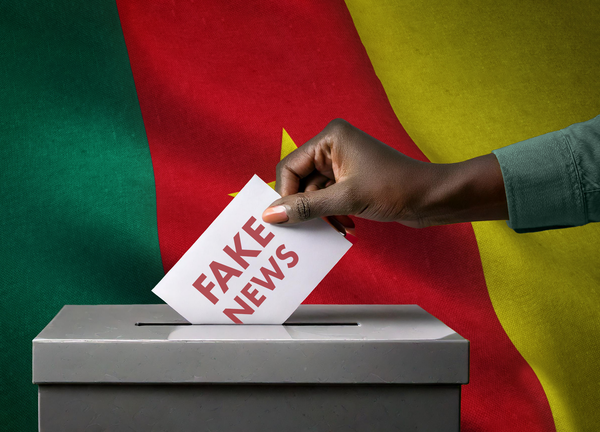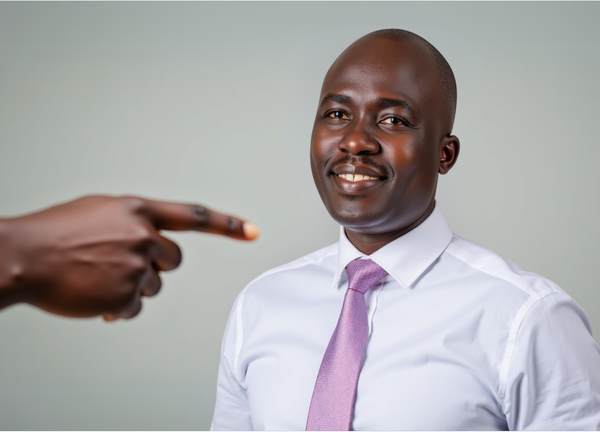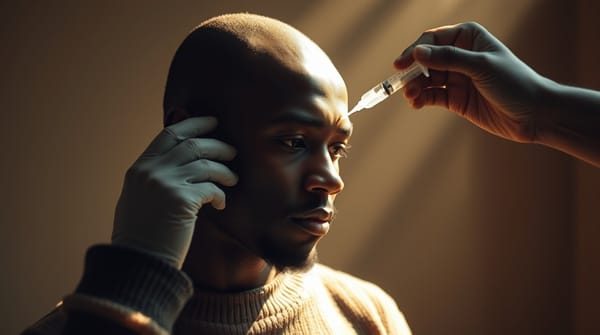Primo-diffusers on social networks, but also a new generation of journalists, young Nigeriens constitute the future of information in the country. Director of the Higher School of Journalism and Communication (ESJC) in Niamey, Idrissa Ousseini underlines its importance in the current context: “ We are in countries with a strong Tau X of young people. It is fine to want to share information. they must have to be able to analyze and deal with what they are facing online . They are much more exposed to disinformation than adults. »»
Introducing consumers from online news This is all the more worth for future truth researchers. “ It is now that we need a qualified youth. It must be able to shoot the true from the false so as not to mislead our communities and strengthen the feeling of confidence in the media […]. "Continues the director of Radio Jeunesse Boukoki. In time of politico-security crisis, the awareness of the new generation occupies a place of choice in the creation of a healthy future. Reality spokespersons, journalists and communicators have a real role of development actors within the territory.
Point on the information crisis
The RSF ranking places the country in 61 th position.

In Niger, as everywhere in the Sahel, the media landscape tends to develop. In writing, an informational crisis is felt. Already in 2023, the Board of the Board of Directors of the Press in Niger expressed " a deep concern " about the situation. Consequently, self-censorship is a survival tactic of choice for certain media and the processing of increasingly patriotic information.
However, objectivity is at the very heart of good journalistic practice. If it is humanly impossible to be completely impartial, the ethics of the profession requires neutrality during any information processing.
Questioned by the circle of French -speaking communicators and journalists (CCJF), journalist Olivier Assogbavi shares his opinion on the difficulties encountered by the profession in Niger: " Here as elsewhere, journalism is a risk profession [...] In addition, there is a lack of vocational training adapted to the current needs of the profession, which no longer encourages young people to take an interest in it ".










